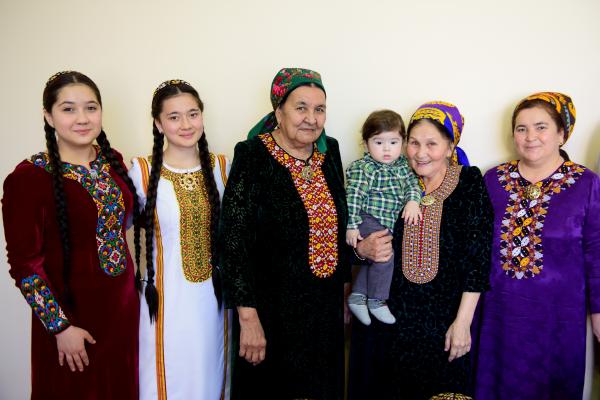
When one speaks about international politics and its main players, many would answer with China, the US, Russia, or Japan, just to name a few. People tend to forget about countries who have small populations, a somewhat unnoticeable history, and countries who have not had an influence on Western countries. We have an inclination to overlook other countries who are equally important in contemporary international relations simply because they do not garner the same amount of attention in our media. Smaller, less powerful countries, especially when the location of that country is in a strategic zone, deserve the same, if not more attention from us. Many of these more “forgotten” countries are not only being exploited by other countries, but its citizens are also experiencing grave human rights violations. It is therefore crucial that not only do key international organizations allot additional attention to these nations, but also civil society as well. This article will analyze one particular “forgotten” country in Central Asia, providing insight into the grave human rights violations of the freedom of press and freedom of movement occurring there, and why the international community should retaliate against these violations.
One of the many “forgotten” countries in the world is Turkmenistan, a country with a population of around six million people and a surface area of around 488,200 km², located in the landlocked Eurasian landmass of Central Asia. Situated in the east of the Caspian Sea, the large yet mysterious country with its impressive landscape filled with desserts, dotted with oasis, and with the Kopet Dag mountain range along the southern border with Iran, is not the typical country one visits for vacation. Not only is this due to the insufficient travel corridors and lengthy and tedious visa process that requires a letter of invitation, but because Turkmenistan is a country known for its strict laws and being a frequent violator of the human rights of its citizens. It is a repressive authoritarian state where civil liberties and political rights are almost completely denied in practice. All aspects of public life are controlled by President Gurbanguly Berdymukhamedov, also known as “Turkmenbashi” or “Father Protector” and his associates, elected through tightly controlled elections, ensuring an almost unanimous victory for them every year. While the regime’s human rights violations have been noticed by organizations such as the UN, EU, and OSCE, little has been achieved in shedding light on the dire situation there. So, what are the human rights that are being violated in Turkmenistan, and why would we be so unwise to ignore them?
A fight for a voice: Lack of media and information freedom
The control over media and information is not a rare occurrence as countries such as China, Russia, North Korea, and even the US, being some of the most powerful countries in our modern discussion of contemporary international relations and diplomacy, continue to violate this freedom. Freedom of the press is a highly important aspect in one’s life, and is taken for granted by many of us living in countries where there is a significant level of media freedom. But why is the freedom of press of such vital importance? For one thing, it disarms the government from exploiting its power as the press acts as a bridge between powerful entities such as governments and people. If there is no freedom with the press, it merely serves as an extension of that power. Turkmenistan ranks as one of the lowest countries in terms of freedom of media and information standing at 178th out of 180 on the World Press Freedom Index. For example, apart from North Korea, Turkmenistan is the only other county not to have acknowledge any Covid-19 cases within its borders. Moreover, the government in Turkmenistan controls all media and its citizens are only able to access a very limited, highly-censored version of the internet, removing most satellite dishes using the justification of making the cities more visually appealing and thus depriving the public of access to uncontrolled news coverage. For example, the 2004 “Rose Revolution” of Georgia was not reported in the official media in Turkmenistan due to the fact that the revolution consisted of protests which successfully changed the country from an autocracy to a democracy.
To know more: https://peaceforasia.org/turkmenistan-a-case-study/



























